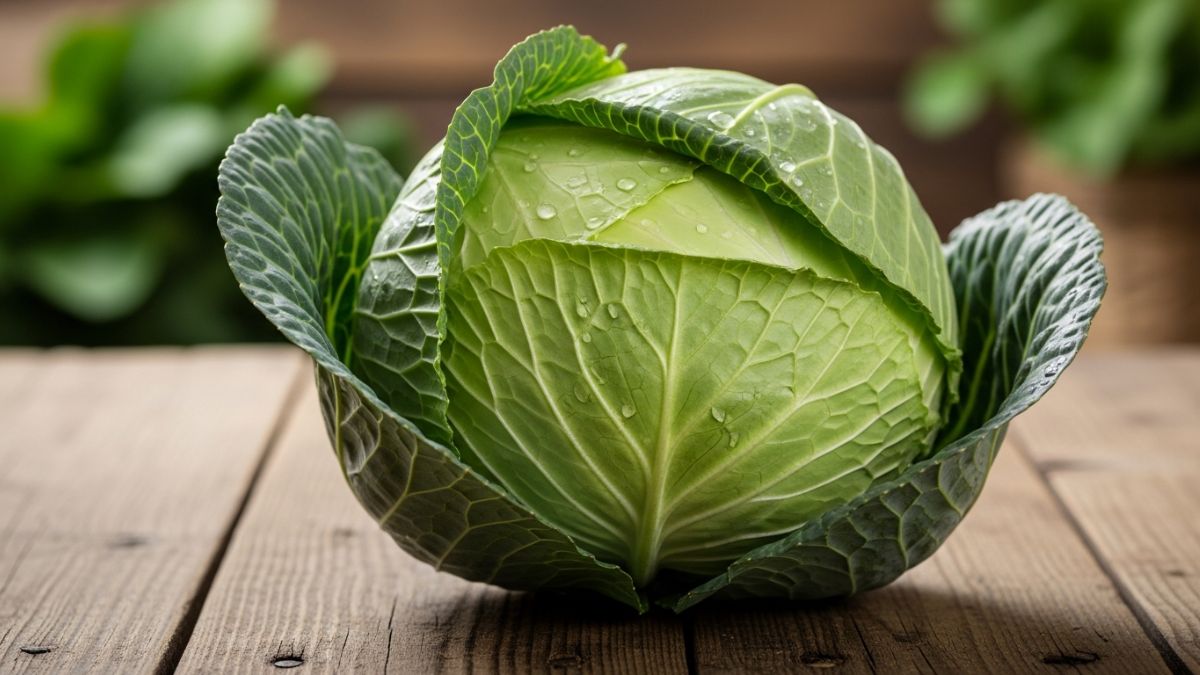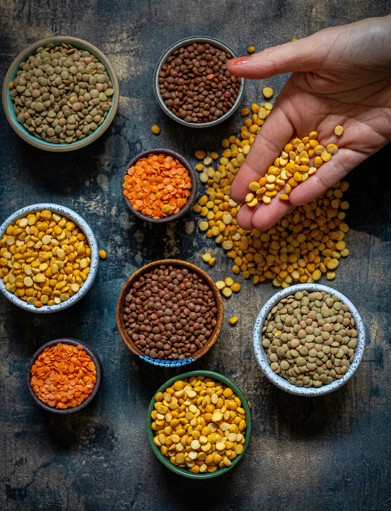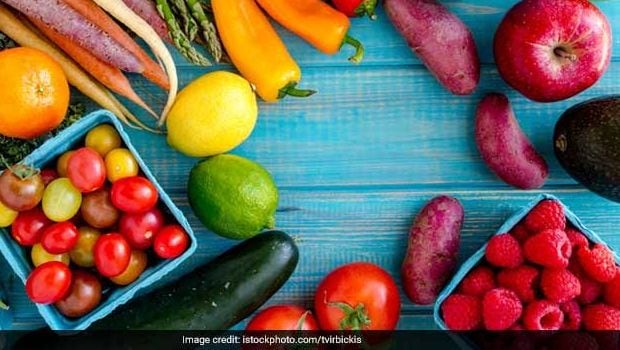Blood pressure is defined as the pressure exerted by the blood against the walls of the arteries. If not managed well, it can damage the body's blood vessels, cause kidney diseases, heart afflictions and other health problems. According to WHO, raised blood pressure affects 1.13 billion people worldwide. There are several reasons behind elevated blood pressure and one of them is our diet. Our food choices today revolve a lot around sodium. While indulging occasionally is fine, but if you find yourself bingeing on fries, burgers, fritters too often, you must pause and think. High sodium foods result in water retention. The added water puts stress on your heart and blood vessels, which further makes them constrict and cause a surge in blood pressure levels. For people with slightly elevated BP, doctors often recommend a high blood pressure diet.
A high blood pressure diet should be low on sodium, and a good mix of fibre-rich fruits, whole grains and veggies. Saturated fats are also a strict no-no, so are high cholesterol foods.
Here are five vegetables that you can safely include in your high blood pressure diet:
1. Sweet Potatoes
Sweet potatoes are not only high in potassium but in other heart-healthy nutrients as well like magnesium and manganese. Potassium in an important electrolyte that helps regulate blood pressure by counteracting the effects of sodium in the body. It helps eliminate sodium through urine.
(Also Read: Sweet Potato Nutrition: Health Benefits And Nutrition Facts About Shakarkandi)
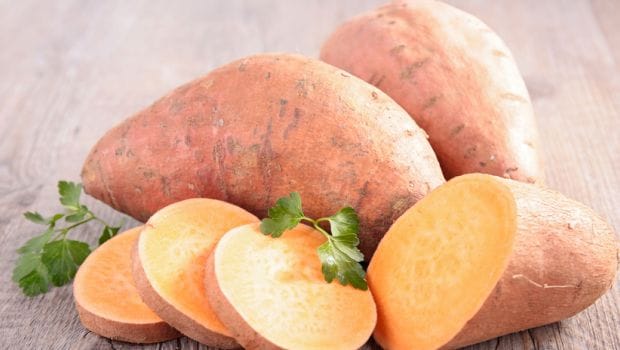
Sweet potatoes are high in potassium
2. Spinach
Spinach is packed with lutein. Lutein prevents thickening of walls of arteries, thus reducing the risk of heart attacks and blood pressure. Moreover, spinach is packed with potassium, folate and magnesium, which further ensures that your blood pressure levels are in check. Spinach is extremely low in calories; you can toss it up in salads, sneak it in sandwiches and lasagne or blend it into smoothies.
(Also Read: 6 Interesting Ways To Include More Spinach To Kids' Diets)
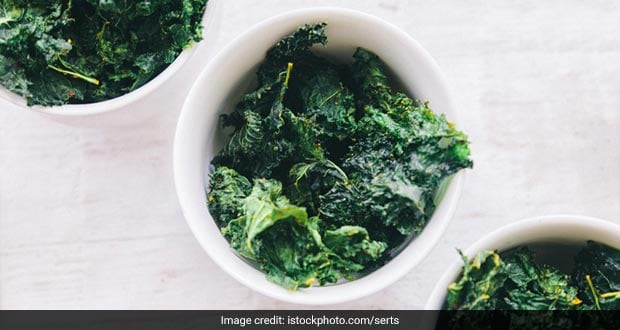
Spinach is packed with lutein
3. Cabbage
The leafy veggie can do wonders to keep your blood pressure levels in check. Did you know that the potassium content in cabbage delivers about 12% of the recommended daily intake in a 2-cup (178-gram) serving? Make sure you wash the cabbage well before cooking.
(Also Read: 7 Amazing Benefits of Cabbage Juice, the New Health Tonic)
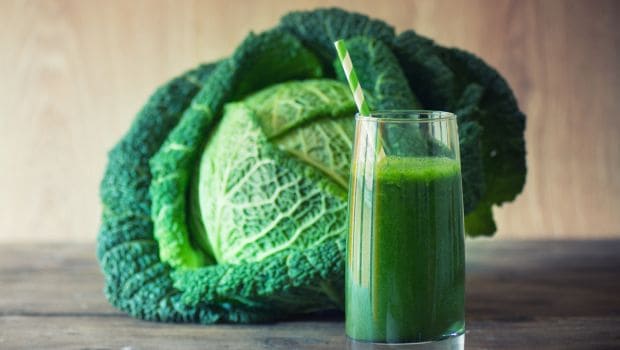
The leafy veggie can do wonders to keep your blood pressure levels in check
4. Carrots
Carrots are packed with potassium. Potassium helps relax the tension in your blood vessels and arteries, which enhances the blood flow circulation and brings down your elevated blood pressure levels. It also reduces risk of atherosclerosis and strokes. You can include carrots in broths, stews and juices. The best way to consume all of their nutrition is to have them raw.
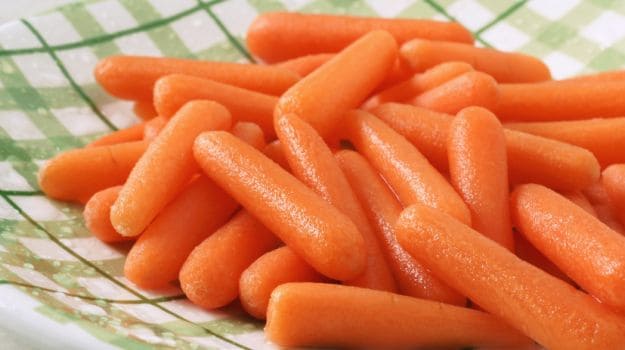
The best way to consume all of their nutrition is to have them raw
5. Celery
According to the book 'Healing Foods' by DK Publishing, celery "contains coumarins , which help lower blood pressure and aid water balance, and phtalides, anticoagulants that reduce the risk of blood clots and stroke and lower stress hormone levels."
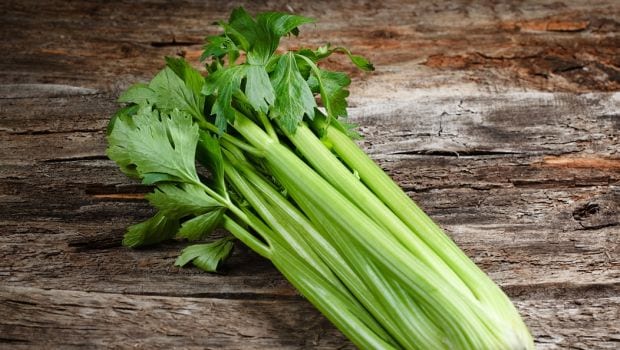
Celery is extremely low in calories
Photo Credit: iStock
Include these veggies in your daily diet and manage your blood pressure levels naturally.
About Sushmita SenguptaSharing a strong penchant for food, Sushmita loves all things good, cheesy and greasy. Her other favourite pastime activities other than discussing food includes, reading, watching movies and binge-watching TV shows.
